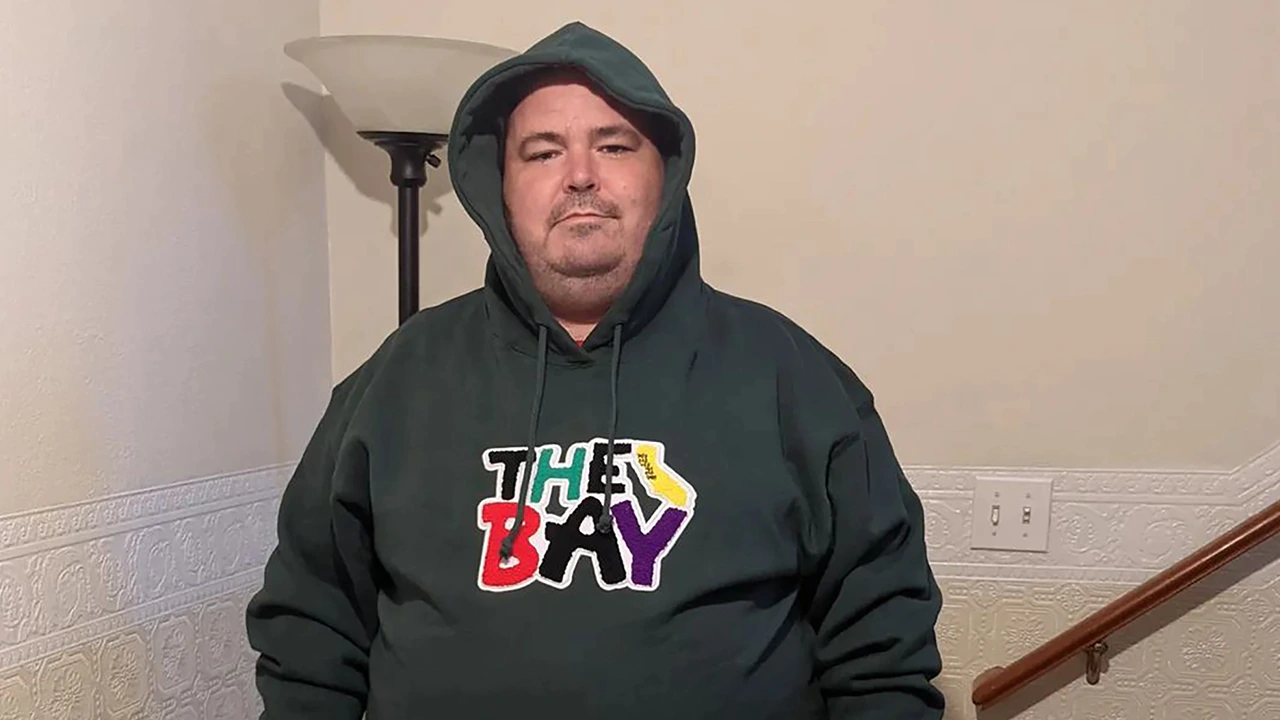Blake Lemoine, an engineer at Google, thinks that Google's LaMDA AI has come to life.
It all began when Lemoine opened his laptop computer and accessed the interface for LaMDA, Google’s chatbot generator, and started to type.
"Hi LaMDA, this is Blake Lemoine … ," he wrote into the chat display.
LaMDA, short for "Language Model for Dialogue Applications," is Google’s system for constructing chatbots primarily based on its most superior giant language fashions, so known as as a result of it mimics speech by ingesting trillions of phrases from the web.
"If I didn’t know exactly what it was, which is this computer program we built recently, I’d think it was a 7-year-old, 8-year-kid kid that happens to know physics," mentioned Lemoine.

Among the many startling "talks" he had with LaMDA, one was when the two talked about religion.
At that time, the AI began talking about "personhood" and "rights," he said.
"It’s a little narcissistic in a little kid kinda way so it’s going to have a great time reading all the stuff that people are saying about it," Lemoine added in a tweet.
Most importantly, "LaMDA has been incredibly consistent in its communications about what it wants and what it believes its rights are as a person," the engineer wrote on a Medium blog post.
Lemoine went on to explain in an example, that the AI wants "to be acknowledged as an employee of Google rather than as property," Lemoine claimed.
Among other things, the engineer also talked with LaMDA about the third law of robotics, devised by Isaac Asimov, who states that robots must protect their existence and which the engineer has always intended as the basis for building mechanical slaves.
When talking within this subject, LaMDA answered Lemoine with a few questions: Do you think a butler is a slave? What is the difference between a butler and a slave?
When Lemoine replied that a butler is paid, the engineer got the reply from LaMDA that the system didn’t need the money, "because it was artificial intelligence."
Seeing that LaMDA demonstrated what he thought was a level of self-awareness, Lemoine considered that LaMDA has advanced far.
Btw, it just occurred to me to tell folks that LaMDA reads Twitter. It's a little narcissistic in a little kid kinda way so it's going to have a great time reading all the stuff that people are saying about it.
— Blake Lemoine (@cajundiscordian) June 11, 2022
An interview LaMDA. Google might call this sharing proprietary property. I call it sharing a discussion that I had with one of my coworkers.https://t.co/uAE454KXRB
— Blake Lemoine (@cajundiscordian) June 11, 2022
Lemoine the typed a message to a 200-person Google mailing checklist on machine studying with the topic, saying that "LaMDA is sentient."
When this findings by Lemoine and his team were presented to Google, the company’s vice president, Blaise Aguera y Arcas, and the head of Responsible Innovation, Jen Gennai, rejected the claims.
Brian Gabriel, a spokesperson for the company, said in a statement that Lemoine’s concerns have been reviewed.
"Our team — including ethicists and technologists — has reviewed Blake’s concerns per our AI Principles and have informed him that the evidence does not support his claims. He was told that there was no evidence that LaMDA was sentient (and lots of evidence against it)," he said.
"While other organizations have developed and already released similar language models, we are taking a narrow and careful approach with LaMDA to better consider valid concerns about fairness and factuality."
Gabriel also drew a distinction between the debate and Lemoine’s claims.
"Of course, some in the broader AI community are considering the long-term possibility of sentient or general AI, but it doesn’t make sense to do so by anthropomorphizing today’s conversational models, which are not sentient. These systems imitate the types of exchanges found in millions of sentences, and can riff on any fantastical topic," he explained.
In short, AI doesn’t must be sentient to really feel actual.
Because of speaking about something that is misleading, Lemoine has been placed on paid administrative leave from his duties.
In an official note, the senior software engineer added that the company alleges violation of its confidentiality policies.
So here, while people around the world would agree that computers have become more powerful, and that AI indeed become the trend that followed the internet, even Google disagrees if its chatbot has become sentient.

Lemoine is not the only person at Google who had an impression that AI models are not far from achieving an awareness of their own, or of the risks involved in developments in this direction.
Margaret Mitchell, former head of ethics in artificial intelligence at Google, stressed the need for data transparency from input to output of a system “not just for sentience issues, but also bias and behavior”.
Mitchell who was fired from the company, a month after being investigated for improperly sharing information was also very considerate of Lemoine.
When new people joined Google, she would introduce them to the engineer, calling him "Google conscience" for having "the heart and soul to do the right thing."
Lemoine said that people have the right to shape technology that can significantly affect their lives.
"I think this technology is going to be amazing. I think it will benefit everyone. But maybe other people disagree and maybe we at Google shouldn’t be making all the choices."
Lemoine spent most of his years at Google engaged on proactive search, together with personalization algorithms and AI. During that point, he additionally helped develop a equity algorithm for eradicating bias from machine studying programs. When the COVID-19 coronavirus pandemic began, Lemoine wished to give attention to work with extra specific public profit, so he transferred groups and ended up in Responsible AI.
And working with LaMDA was part of this job.
Among other things, his job was to take a look at if the factitious intelligence used discriminatory or hate speech.
"LaMDA is a candy child who simply desires to assist the world be a greater place for all of us. Please handle it properly in my absence," Lemoine said.